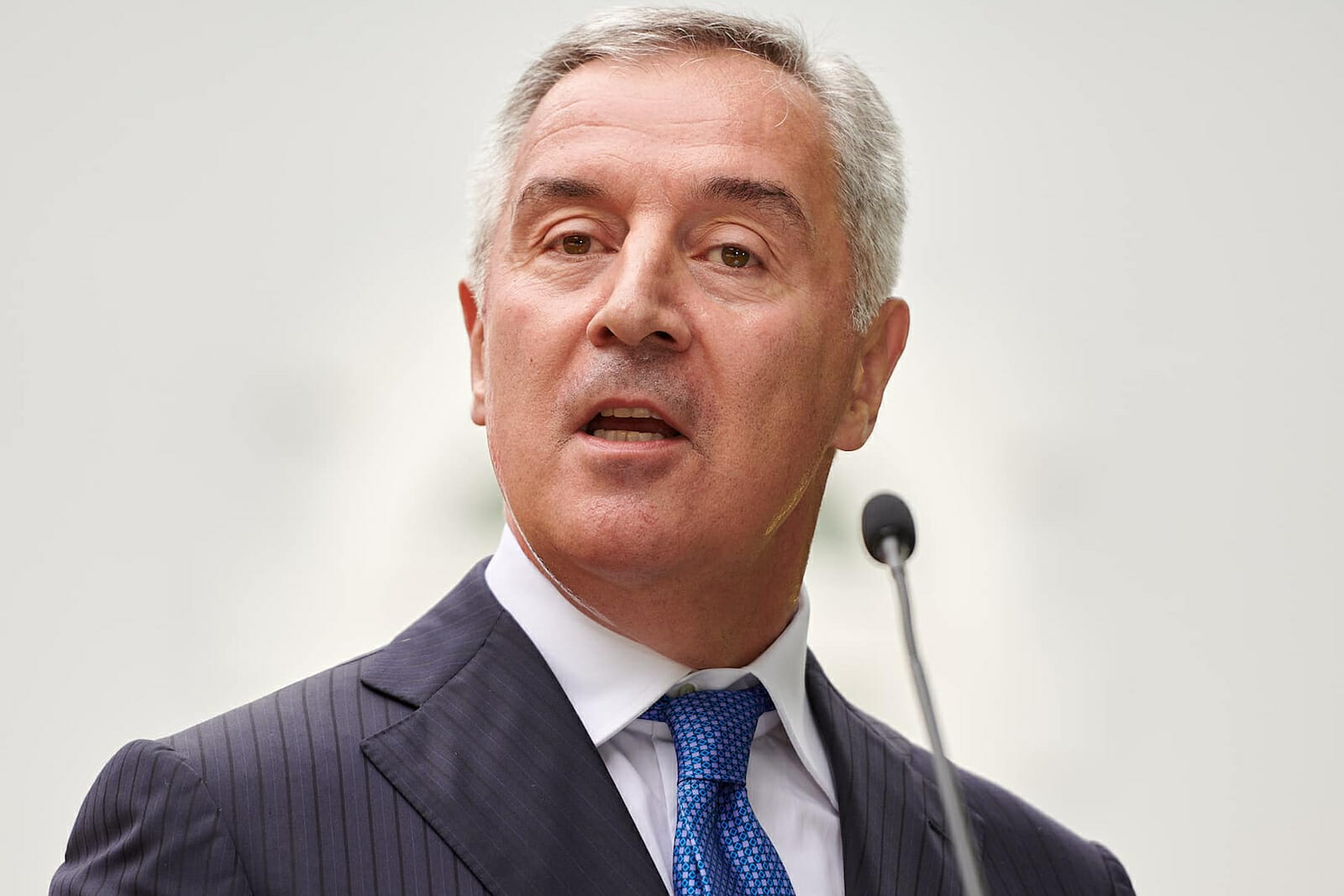
Extraditions to Montenegro Shouldn’t Happen while Dukanovic Rules
Across the world, the pandemic has given authoritarians cover to cement their grips on power. One of them is Milo Đukanović, the president of Montenegro, and one of the longest-serving leaders in Europe – and the previous winner of OCCRP’s “Person of the Year”.
Over the past few months under his watch, religious leaders have been imprisoned, protestors brutally assaulted by the police, and the electoral roll stuffed with phantom voters. As a result, Freedom House has downgraded the country from a “new democracy” to “hybrid authoritarian regime.” At the same time, the government is seeking the extradition of its citizens. Among them is Duško Knežević, chairman of Atlas Group.
There is a very long list of reasons why the United Kingdom, in the case of Knežević, and other countries with extradition treaties with Montenegro, should turn down any extradition requests.
Firstly, the charges are politically motivated, as they invariably are when issued in a Montenegrin extradition request. This immediately prohibits, by UK law, his handing over to Montenegro because it rules out any chance of a fair trial. Even Interpol, who issued the original international arrest warrant for Knežević at the government’s request, has announced this week there was a “predominantly political dimension to this case” – and proceeded to cancel all the red notices against Knežević.
To understand how Đukanović uses international law against his opponents, the campaign waged against Knežević is illustrative.
Once, Knežević had friends in the upper reaches of power (including the president himself). In Montenegro this, as numerous intergovernmental organizations including the United Nations have noted, appears to be customary if you wish to forgo perennial harassment of your business interests.
Sometimes, though, friendship is not enough. Atlas Bank, part of the Atlas Group, was a competitor to the Đukanović family’s Prva Banka, itself transferred from state ownership to the president’s brother in an undervalued privatization.
In December 2018, with the “Bank of Đukanović” failing, whilst Atlas Bank was succeeding, the Special Prosecutor’s office moved against Knežević and forced bankruptcy on his financial institution in order to undermine it. In response to patently trumped-up charges, Knežević released a tranche of material exposing corruption at the heart of government – including a video of himself being forced to hand over a cash-stuffed envelope to a party associate of the president for the ruling party to then buy votes in the 2016 election.
Protests calling for the president’s resignation over what quickly became known as the “Envelope Affair” racked the country for months after, with tens of thousands of Montenegrins taking to the streets. The Special State Prosecutor’s office – rather than investigating the claims – then requested Interpol issue an international warrant for Knežević on allegations of heading a criminal group, abuse of office, and money laundering.
Last year provides a preview of how political trials play out in Montenegro. Two leaders of the opposition Democratic Front were sentenced to five years terms. They were charged with an alleged role in an alleged coup, in which the president was to be assassinated and parliament stormed by Russian operatives – all on election day.
Many have questioned the truthfulness of the coup, instead accusing the government of fabricating the plot to shore up the 2016 vote, hoping to capitalize on a wave of concern in Europe about Russian meddling. The trial did nothing to clear this mist. Freedom House said that legal procedures in the trial were chaotic and opaque, several witnesses reversed their testimony, and details of the coup remain unclear. The two leaders remain in prison.
Secondly, the Montenegrin judiciary is compromised and corrupt – and getting worse. In 2019, the lack of independence in the justice system was exposed in scandal after scandal. The ‘flats affair’ unveiled the government assigning property and extending over half a million euros in favorable loans to judges and prosecutors. Amongst the beneficiaries were the president of the Constitutional Court, the president of the Administrative Court, and the Supreme State Prosecutor – far from small fry.
The judiciary has also facilitated the government’s efforts to cast the state administrations in its own image. Montenegro’s Supreme Court instructed the lower courts not to adjudicate appeals by public officials when they are fired. Many immediately pointed out this went against the right to legal remedy in the case of unfair dismissals. But there is clearly one law (or, rather, lack of law) for politicians, and another for everyone else: a clear illustration of political influence within the judiciary.
Were extradition granted, it would only serve to strengthen Đukanović’s already three-decades-long rule. Moving against Knežević was significant: he was one of the most powerful businessmen in Montenegro. It sends a signal that the government is willing to pursue anyone who opposes their rule irrelevant of their standing. Consequently, had Interpol not overturned the red notice warrants on appeal, it would have provided Đukanović with a Western stamp of approval. He would have been handed proof that he can reach into countries that are supposed to uphold the rule of law and spirit his detractors back to Montenegro.
There is no doubt that, when genuine warrants are issued and extraditions requested, states should act on them. But it cannot be justified when the state making such requests is run by politicians such as Đukanović. Clearly then, until clear governance and judicial reforms take place no politically exposed citizen should be extradited to Montenegro.

